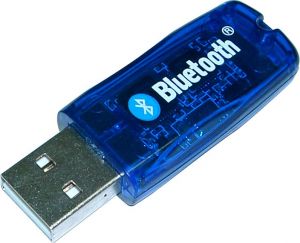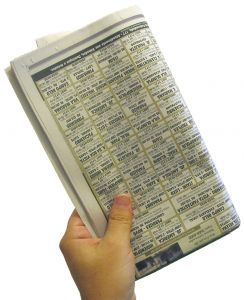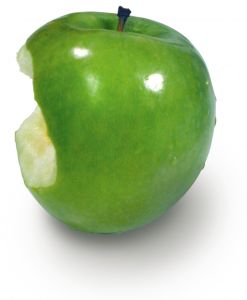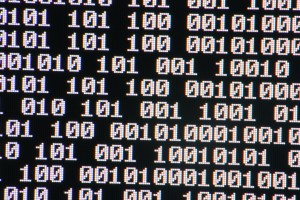 On December 11, a federal jury in Delaware found that Apple’s iPhone violates three patents held by MobileMedia Ideas LLC (“MMI”), a Maryland company. The company first filed the patent infringement lawsuit on March 31, 2010, in the U.S. District Court for the District of Delaware, where it was assigned to Judge Sue Robinson.
On December 11, a federal jury in Delaware found that Apple’s iPhone violates three patents held by MobileMedia Ideas LLC (“MMI”), a Maryland company. The company first filed the patent infringement lawsuit on March 31, 2010, in the U.S. District Court for the District of Delaware, where it was assigned to Judge Sue Robinson.
In its complaint, MMI alleged that Apple’s manufacture and sale of the iPhone product violated 14 patents owned by MMI. After extensive discovery and pretrial procedures, the case went to a jury trial. The jury returned a verdict for MMI, finding that Apple directly infringed on three of the patents at issue:
- U.S. Patent No. 6,070,068: “Communication terminal device and method for controlling a connecting state of a call into a desired connection state upon a predetermined operation by a user” (originally assigned to Sony)
- U.S. Patent No. 6,253,075: “Method and apparatus for incoming call rejection” (originally assigned to Nokia)
- U.S. Patent No. 6,427,078: “Device for personal communications, data collection and data processing, and a circuit card” (originally assigned to Nokia)
MMI has filed lawsuits against other technology companies as well, including Research In Motion (RIM) and HTC Corporation, but they have not yet been resolved.

 Earlier this week, on December 3, Apple was
Earlier this week, on December 3, Apple was  On November 30, Washington Research Foundation
On November 30, Washington Research Foundation  On Thursday, November 29, Google was named as the defendant in a
On Thursday, November 29, Google was named as the defendant in a  Last Thursday, November 29, a foreign corporation called Arendi
Last Thursday, November 29, a foreign corporation called Arendi  Massachusetts company Lexington Luminance LLC (“Lexington”)
Massachusetts company Lexington Luminance LLC (“Lexington”)  Apple, Inc. was hit with a patent infringement lawsuit Thursday (read it below) alleging that the company’s iPad 3 tablets and Macbook Pro computers violate four light emitting diode (LED) patents. The case was filed in in federal court in Delaware by claimed patent holder LED Tech Development LLC, a Delaware limited liability company based in Tyler, Texas, the city that is a patent litigator’s
Apple, Inc. was hit with a patent infringement lawsuit Thursday (read it below) alleging that the company’s iPad 3 tablets and Macbook Pro computers violate four light emitting diode (LED) patents. The case was filed in in federal court in Delaware by claimed patent holder LED Tech Development LLC, a Delaware limited liability company based in Tyler, Texas, the city that is a patent litigator’s  Ameranth, Inc.
Ameranth, Inc.  Facebook and Apple have been hit with another patent infringement lawsuit brought by small, relatively obscure research/technology companies. Yesterday,
Facebook and Apple have been hit with another patent infringement lawsuit brought by small, relatively obscure research/technology companies. Yesterday,  Yesterday, the Regents of the University of California and Eolas Technologies, Inc. filed a lawsuit against Facebook in the U.S. District Court for the Eastern District of Texas. The suit alleges that Facebook has infringed on four different patents owned by the Regents and to which Eolas has an exclusive license.
Yesterday, the Regents of the University of California and Eolas Technologies, Inc. filed a lawsuit against Facebook in the U.S. District Court for the Eastern District of Texas. The suit alleges that Facebook has infringed on four different patents owned by the Regents and to which Eolas has an exclusive license.